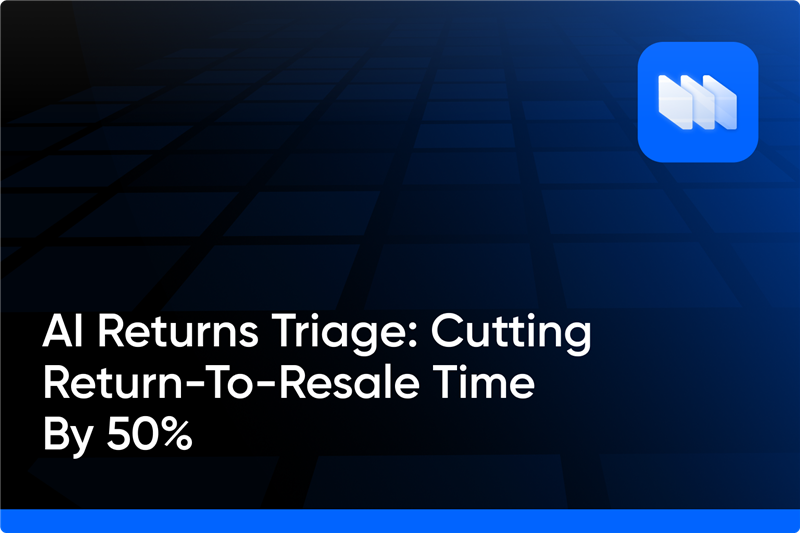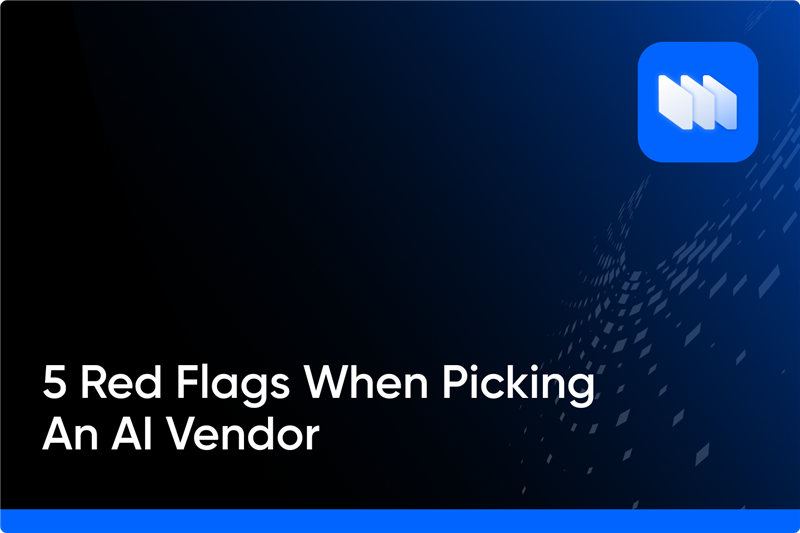24-Hour Response Times? Why Patients Ghost—and How AI Scheduling Ends It
Imagine this: a potential new patient calls your practice, eager to book an appointment. They leave a message. Then they wait. And wait. Maybe 24 hours later, someone calls them back. By then, they’ve already called the clinic down the street, booked an appointment, and moved on. This isn't just a hypothetical scenario; it's the daily reality for countless healthcare providers, leading to a frustrating phenomenon we call "patient ghosting."
Patient ghosting is the silent killer of practice growth. It’s when potential patients disappear after an initial inquiry, or existing patients miss appointments without a trace. It’s a direct consequence of inefficient, outdated scheduling processes and slow response times that frankly, no one has patience for in today's on-demand world.
The Vicious Cycle: Why Patients "Ghost" Your Practice
Why do patients ghost? It’s not about them; it’s about the friction in your system:
- The "Call Tag" Nightmare: In a world of instant communication, playing phone tag to book an appointment is maddening. Patients get frustrated and simply move on to a practice that offers immediate solutions.
- Inconvenient Booking Hours: Many practices operate within traditional 9-to-5 office hours, while patients are busy working, parenting, or living their lives. If they can’t book when it’s convenient for them, they won’t book at all.
- Complex Online Forms/Portals: While digital, many online booking systems are clunky, unintuitive, or demand too much information upfront. Digital friction is just as damaging as phone friction.
- Lack of Immediate Confirmation/Follow-up: Uncertainty breeds anxiety. If a patient books an appointment and doesn't receive immediate confirmation or clear next steps, doubt creeps in, increasing the likelihood of abandonment.
- The "Shop Around" Phenomenon: Healthcare, unfortunately, is a competitive market. Patients are actively seeking providers who offer convenience and accessibility. If you're slow, they'll find someone faster.
- Impersonal Interactions: When every interaction feels like a generic transaction, patients feel like a number, not a person. This dehumanizing experience discourages engagement and follow-through.
AI to the Rescue: Intelligent Scheduling as Your Patient Magnet
The solution isn't just about being faster; it's about being smarter. Artificial intelligence is rapidly transforming healthcare scheduling, shifting from a reactive, administrative burden to a proactive, patient-centric engagement strategy. AI creates seamless access points, making it easier for patients to connect with the care they need, precisely when they need it.
Instant Access: AI-Powered Self-Scheduling & Virtual Assistants
Imagine your practice being "open" for scheduling 24/7, without requiring human staff. AI-powered self-scheduling portals allow patients to book appointments whenever it's convenient for them, directly from your website, patient portal, or even a dedicated app. Complementing this, AI-powered virtual assistants can handle routine inquiries, answer FAQs about services or insurance, and even guide patients through the booking process, all while freeing up your administrative staff for more complex tasks.
Future & AI Lens: Consider a generative AI-powered virtual assistant. It doesn't just book an appointment; it understands the nuance of a patient's query. Is it acute pain requiring immediate triage? A routine follow-up? This AI could then suggest optimal appointment types, pre-appointment instructions, or answer common questions about the visit, all in real-time. This isn't just automation; it's about intelligent, empathetic availability, significantly reducing inbound calls and improving the overall pre-visit patient experience.
Smart Matching: Optimizing Provider-Patient Fit
One of the biggest headaches in traditional scheduling is matching patient needs with provider availability, specialty, and even language preferences. AI algorithms can do this in milliseconds, analyzing provider schedules, specific skill sets, and patient requirements to find the optimal slot. This dynamic slot allocation minimizes wait times for patients and maximizes the efficiency of your clinic's resources, leading to higher patient satisfaction and retention.
Proactive Engagement: AI-Driven Reminders & Re-engagement
Generic appointment reminders are a start, but AI takes it further. It can personalize messages based on patient preference (text, email, voice), past behavior, and even predict the likelihood of a no-show. If a patient is flagged as "at risk," AI can trigger proactive re-engagement strategies – perhaps a personalized text with a direct re-booking link, or a friendly call from a staff member armed with relevant patient context. This dramatically reduces no-show rates, directly impacting your revenue.
Personalized Pathways: Guiding Patients Seamlessly
The patient journey extends beyond the appointment itself. AI can personalize pre-appointment instructions (e.g., "fasting required" or "bring specific documents") and orchestrate post-appointment follow-ups, ensuring patients receive the right information at the right time. This creates a cohesive, supportive communication stream that reduces patient anxiety, improves adherence to care plans, and fosters a sense of being truly cared for, ultimately boosting loyalty.
The Payoff: More Appointments, Happier Patients, Healthier Practice
The benefits of integrating AI into your scheduling aren't just theoretical; they're tangible. Practices implementing these solutions report significantly reduced no-show rates (often by 30% or more), dramatically improved patient satisfaction scores, and substantial gains in operational efficiency. This translates directly into higher patient volume, increased revenue, and a healthier, more competitive practice in the long run. In a healthcare landscape where patient access is paramount, a patient-centric, AI-powered scheduling system is rapidly becoming a non-negotiable.
Implementing the AI Fix: Your Roadmap to Better Patient Access
Adopting AI in healthcare doesn't have to be an overhaul. Start by identifying your biggest scheduling pain points. Are most patients ghosting after 24 hours of no response? Is your no-show rate consistently high for certain appointment types? Then, look for AI scheduling solutions that directly address those issues. Many platforms offer modular integration, allowing you to start small, measure the impact, and then scale your AI adoption as you see the benefits roll in. The future of patient access is here, and it's powered by AI.
FAQ
- Q1: What is "patient ghosting" in healthcare?
- A1: Patient ghosting refers to potential patients disappearing or not following through with booking an appointment after an initial inquiry, or current patients missing scheduled appointments without prior cancellation. This often stems from frustrating or delayed communication and scheduling processes.
- Q2: How does AI improve patient appointment scheduling?
- A2: AI improves scheduling by offering 24/7 self-service options, intelligently matching patients to available providers, sending personalized reminders, and predicting no-shows to enable proactive re-engagement, all of which reduce friction and improve access.
- Q3: Is AI scheduling only for large hospital systems, or can smaller practices benefit?
- A3: AI scheduling solutions are increasingly scalable and beneficial for practices of all sizes. Even smaller clinics can leverage AI to automate routine tasks, reduce administrative burden, and improve patient experience without requiring extensive IT infrastructure.
.png)
.png)






.png)